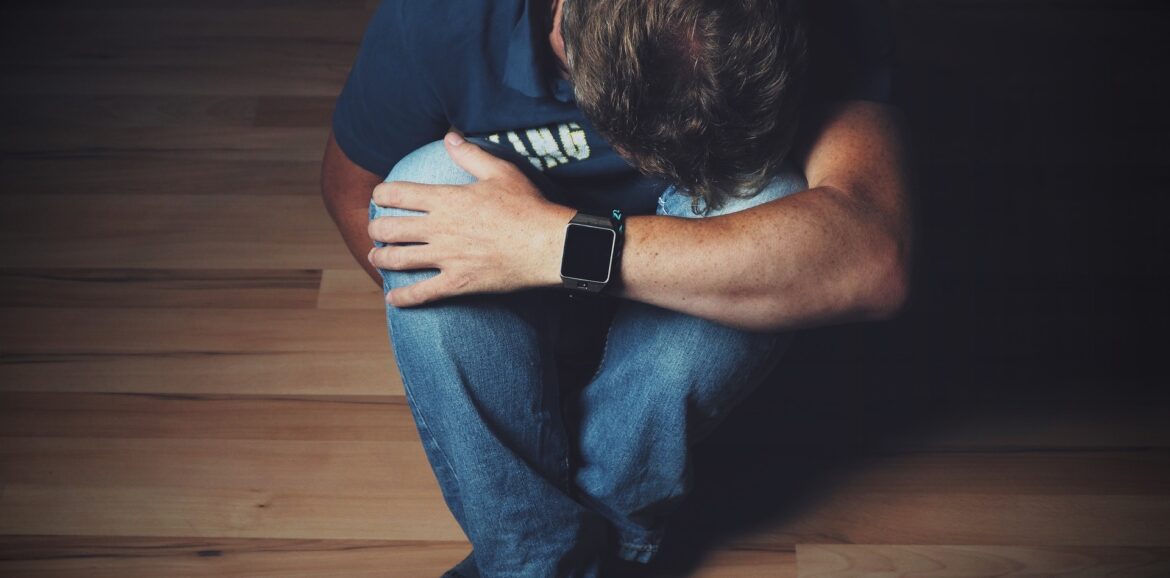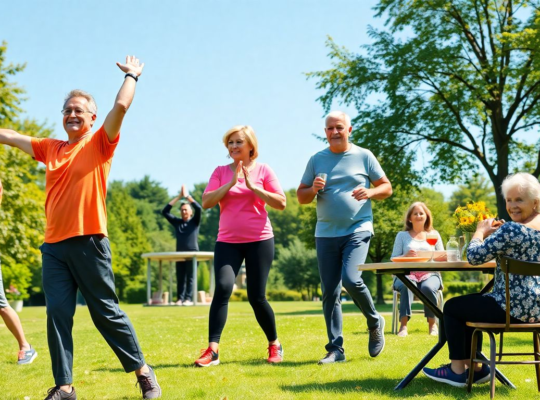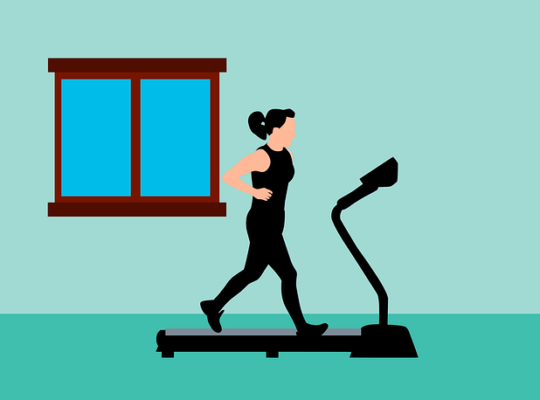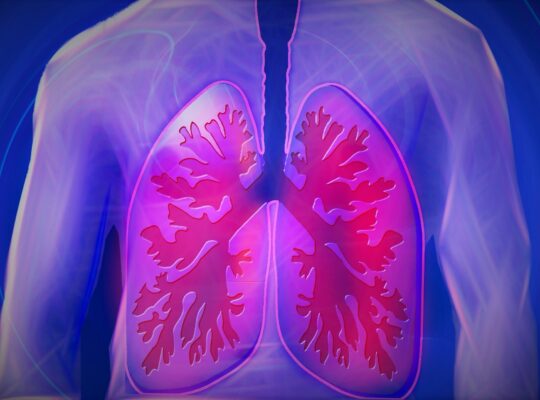
Depression is a complex and challenging mental health condition that affects millions of people worldwide. Coping with depression requires a multifaceted approach that addresses both the underlying causes and the symptoms of the disorder. Here’s an in-depth exploration of strategies to help you overcome depression and find healing:
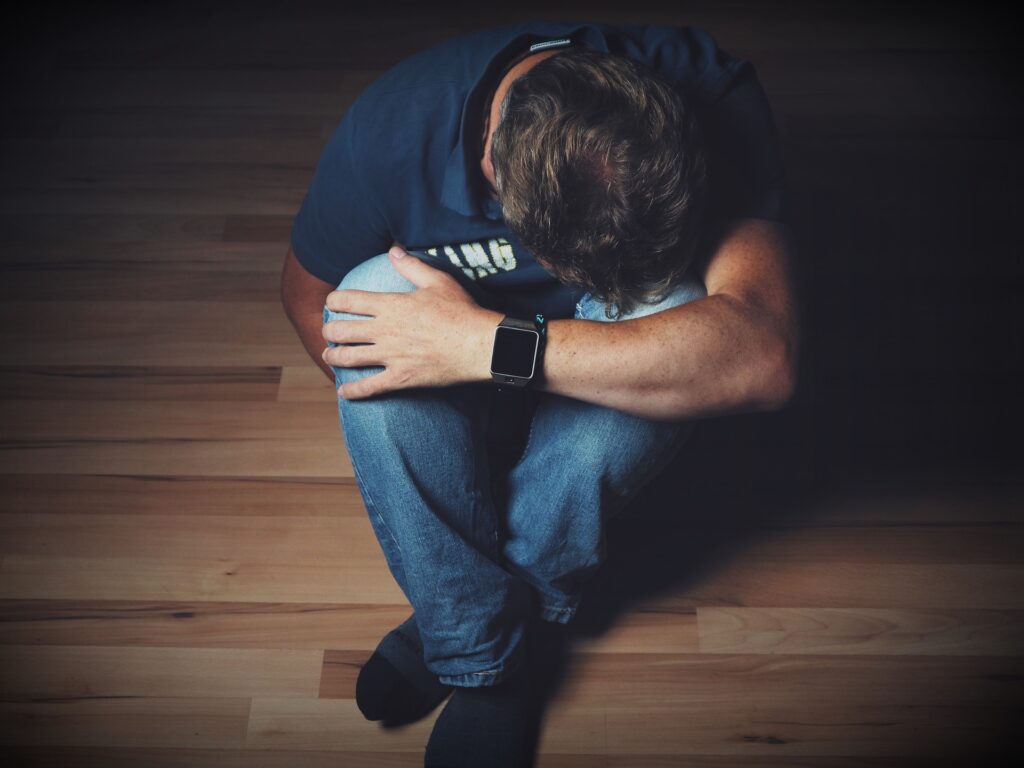
- Reach out for professional help: Depression often requires professional intervention for effective treatment. Seeking support from a licensed therapist or counselor is a crucial first step in managing and recovering from depression. These mental health professionals can provide evidence-based treatments, such as cognitive-behavioral therapy (CBT) and interpersonal therapy (IPT), which have been shown to be highly effective in treating depression.
- Cognitive-behavioral therapy (CBT): CBT is a widely used therapeutic approach for treating depression. It focuses on identifying and challenging negative thought patterns and beliefs that contribute to depression, as well as teaching practical skills to manage symptoms and improve mood. Through CBT, you can learn to reframe negative thinking, develop healthier coping strategies, and cultivate a more balanced perspective on life.
- Interpersonal therapy (IPT): IPT is another evidence-based therapy for depression that focuses on improving interpersonal relationships and communication skills. By addressing conflicts, role transitions, and grief-related issues, IPT aims to alleviate depressive symptoms and improve overall functioning.
- Engage in self-care activities: Taking care of your physical and emotional well-being is essential for managing depression. Incorporate self-care activities into your daily routine to promote relaxation, stress relief, and overall well-being.
- Exercise: Regular physical activity has been shown to be effective in reducing symptoms of depression by releasing endorphins, improving sleep, and boosting mood. Aim for at least 30 minutes of moderate exercise most days of the week, such as walking, jogging, swimming, or cycling.
- Healthy lifestyle habits: Adopt healthy lifestyle habits, such as eating a balanced diet, getting enough sleep, and avoiding alcohol and drugs, which can exacerbate depressive symptoms. Pay attention to your nutrition, hydration, and sleep patterns, and prioritize activities that promote physical and emotional well-being.
- Establish a routine: Depression often disrupts daily routines and activities, leading to feelings of lethargy and apathy. Establishing a regular schedule for sleeping, eating, and daily activities can provide structure and stability in your life, helping to alleviate depressive symptoms.
- Set small, achievable goals: Break down tasks and activities into smaller, manageable steps, and set realistic goals for yourself. Celebrate your accomplishments, no matter how small, and focus on making gradual progress over time.
- Challenge negative beliefs: Depression is often characterized by negative beliefs about oneself, the world, and the future. Learning to identify and challenge these negative beliefs is a key aspect of managing depression.
- Cognitive restructuring: Use cognitive restructuring techniques to challenge and reframe negative thoughts and beliefs. Ask yourself if there is evidence to support your negative beliefs, and consider alternative, more balanced perspectives. Practice self-compassion and self-kindness, and challenge the inner critic that fuels feelings of worthlessness and self-doubt.
- Build a support network: Surround yourself with supportive friends, family members, and professionals who can offer encouragement, validation, and practical assistance as you navigate your recovery from depression.
- Join a support group: Consider joining a support group for individuals with depression, either in person or online. Connecting with others who share similar experiences can provide a sense of understanding, camaraderie, and hope, as well as valuable insights and coping strategies.
- Practice relaxation techniques: Incorporate relaxation techniques into your daily routine to help alleviate stress, anxiety, and tension, which are common symptoms of depression.
- Deep breathing: Practice deep breathing exercises to activate the body’s relaxation response and reduce feelings of stress and tension. Try diaphragmatic breathing, where you inhale deeply through your nose, filling your belly with air, and exhale slowly through your mouth.
- Progressive muscle relaxation: Progressive muscle relaxation involves tensing and then relaxing different muscle groups in the body, one at a time. This can help release physical tension and promote a sense of relaxation and calm.
- Seek professional help if needed: If you’re struggling to cope with your depression or experiencing severe symptoms, don’t hesitate to seek support from a mental health professional. Therapy, medication, or a combination of both can be highly effective in treating depression and promoting recovery.
By incorporating these strategies into your daily life and seeking support from professionals and loved ones, you can learn to manage depression effectively and work toward a brighter, more fulfilling future. Remember that recovery is possible, and you are not alone in your journey.

